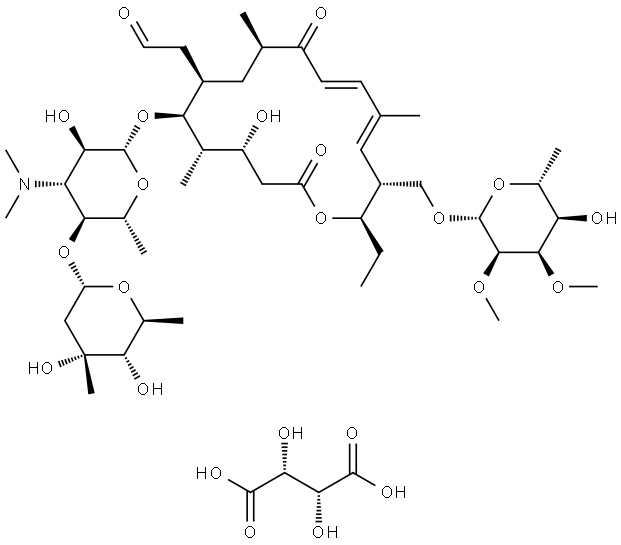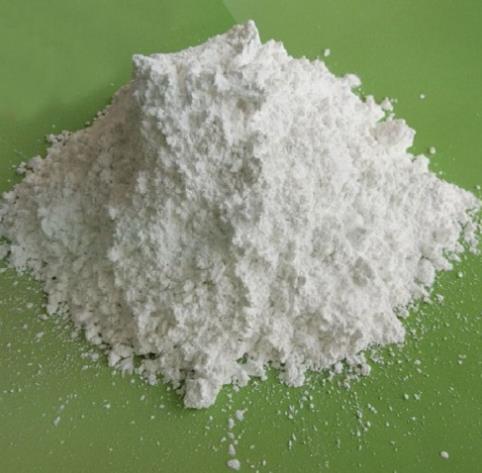Tylosin Tartrate: Pharmacokinetic Characteristics and Applications in Veterinary Medicine
General Description
Tylosin tartrate is a macrolide antibiotic used in veterinary medicine, particularly effective against bacterial infections in fish and poultry. Its pharmacokinetic profile shows high bioavailability (87%) and rapid absorption (Tmax of 0.25 hours) in olive flounder, with a terminal half-life of about 21.07 hours after intravenous administration. In turkeys, oral bioavailability ranges from 5.76% to 21.59%, influenced by age and weight. Understanding its pharmacokinetics helps optimize dosing, informs withdrawal times for food safety, and demonstrates Tylosin tartrate's efficacy against resistant strains of Staphylococcus intermedius, making it a valuable treatment option in veterinary practice.
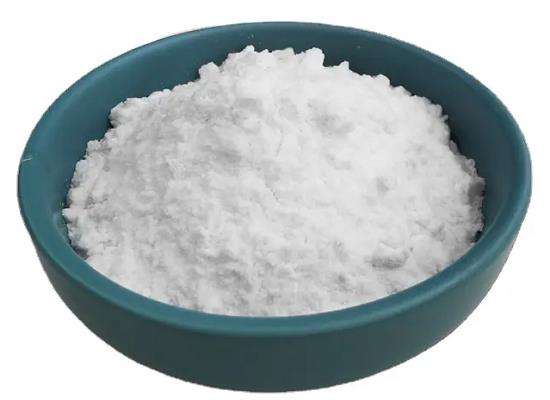
Figure 1. Tylosin tartrate
Pharmacokinetic Characteristics
Tylosin tartrate is an important macrolide antibiotic used in veterinary medicine, particularly for managing bacterial infections in fish and poultry. The pharmacokinetic profile of tylosin tartrate following administration reveals critical insights into its absorption, distribution, metabolism, and excretion. After intramuscular administration in olive flounder, the bioavailability of tylosin tartrate is notably high, reported at 87%. The rapid absorption of the drug is demonstrated with a Tmax of just 0.25 hours, allowing for quick therapeutic effects. After intravenous administration, the terminal half-life of tylosin tartrate averages around 21.07 hours, indicating a prolonged duration of action that is beneficial for addressing infections where sustained drug levels are necessary. 1
Pharmacokinetics in Different Species and Administration Routes
The pharmacokinetic behavior of tylosin tartrate can vary significantly between species and methods of administration. For growing male turkeys, both intravenous and oral routes have been studied, revealing distinct profiles influenced by age and weight. In turkeys, the area under the plasma concentration curve increases with growth, reflecting changes in drug absorption and distribution. Interestingly, tylosin tartrate's bioavailability for oral administration ranged from 5.76% to 21.59%, suggesting a variable absorption profile depending on age and possibly other physiological factors. This variability stresses the importance of considering both the administration route and individual animal characteristics when determining appropriate dosing regimens for tylosin tartrate.
Implications for Clinical Use and Withdrawal Times
Understanding the pharmacokinetic profile of tylosin tartrate is crucial for developing effective therapeutic strategies, especially concerning withdrawal times in food-producing animals. For instance, the withdrawal time for tylosin tartrate in olive flounder is estimated at approximately 10 days at 22°C, ensuring that residual drug levels remain below the regulatory limits before the fish enter the food chain. Given the emerging concerns over antibiotic resistance, the pharmacokinetic-pharmacodynamic indices of tylosin tartrate, such as the Cmax/MIC90 and T > MIC90 values, are vital for evaluating its efficacy against specific pathogens. Therefore, accurate knowledge of the pharmacokinetics of tylosin tartrate will not only optimize treatment outcomes but also enhance food safety standards in veterinary practice. 2
Applications in Veterinary Medicine
Tylosin tartrate has been recognized for its effectiveness in treating various bacterial infections in veterinary medicine, particularly in cases involving resistant strains of Staphylococcus intermedius. With the rise in canine skin infections attributed to these resistant strains, tylosin tartrate offers a promising alternative to older antibiotics that may induce multidrug resistance. Research indicates that a significant percentage (82.61%) of Staphylococcus (pseud)intermedius isolates remain sensitive to tylosin tartrate, demonstrating its potential as a first-line treatment. This is particularly relevant for dogs suffering from untreated pyoderma, a common skin condition, thus highlighting the clinical importance of this antibiotic in real-world veterinary practices. 3
Enhanced Efficacy and Future Directions
In addition to its antibacterial properties, tylosin tartrate’s favorable safety profile makes it an attractive choice for treating canine infections. Its efficacy in vitro and in vivo signifies promising therapeutic outcomes, encouraging further exploration of tylosin tartrate in various clinical settings. As the veterinary community continues to face challenges with antibiotic resistance, the role of tylosin tartrate could expand beyond skin infections to other bacterial infections in dogs. Ongoing studies regarding the antibiotic's dosages, delivery methods, and long-term effects are crucial. Continued investigations into the applications of tylosin tartrate can lead to innovative strategies for managing bacterial infections in veterinary medicine, promoting better health outcomes for canine patients. 3
References:
[1] JI-HOON LEE. Pharmacokinetic-Pharmacodynamic Profile, Bioavailability, and Withdrawal Time of Tylosin Tartrate Following a Single Intramuscular Administration in Olive Flounder (Paralichthys olivaceus).[J]. ACS Applied Bio Materials, 2021. DOI:10.3390/ani11082468.[2] B?A?EJ PO?NIAK. Allometric analysis of tylosin tartrate pharmacokinetics in growing male turkeys.[J]. Journal of Veterinary Science, 2020, 21 3. DOI:10.4142/jvs.2020.21.e35.
[3] BRIAN A SCOTT. Efficacy of tylosin tartrate on canine Staphylococcus intermedius isolates in vitro.[J]. Veterinary Therapeutics, 2010, 11 3.
Lastest Price from Tylosin tartrate manufacturers
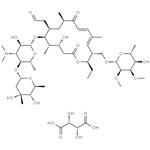
US $0.00/kg2025-11-19
- CAS:
- 74610-55-2
- Min. Order:
- 1kg
- Purity:
- 98%
- Supply Ability:
- Customise
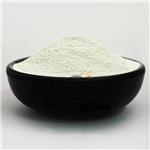
US $5.00-0.50/KG2025-05-09
- CAS:
- 74610-55-2
- Min. Order:
- 1KG
- Purity:
- 99% hplc
- Supply Ability:
- 500TONS
